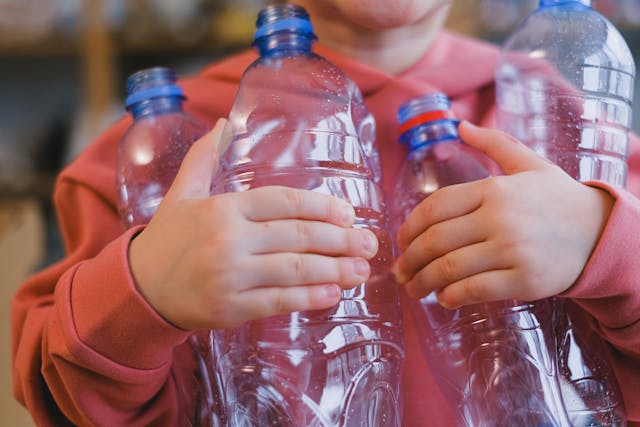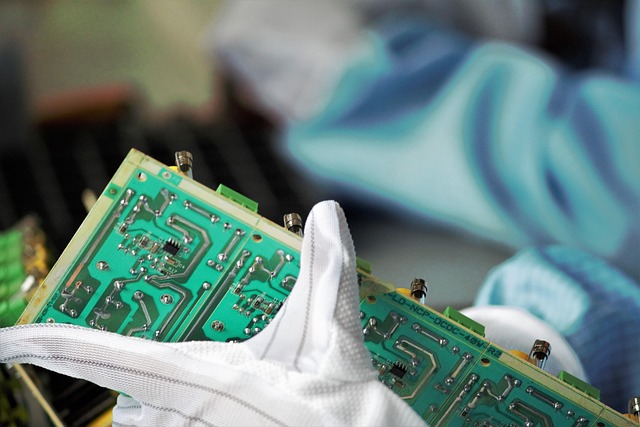Sustainability is not just an idea anymore. It is something we need right now to protect our planet. Problems like climate change and the loss of wildlife are growing fast. We must act today, both as individuals and as a society.
Eco-education, also called environmental education, helps us do this. It gives people the knowledge, skills, and values to face these problems. Students are often asked to environmental research paper topics in school. This way, they learn early about nature and how to care for it. Eco-education raises awareness and builds habits that protect the Earth.
This article will show how eco-education shapes people’s thinking, builds stronger communities, and drives new ideas. By seeing its benefits, we understand how learning about the environment changes lives and society.
Photo by Alena Koval from Pexels
What is Eco-Education?
Eco-education means learning about nature and how humans affect it. It also means learning how to make choices that support a healthy planet. It happens in schools, in communities, and through public programs by groups and governments.
Key Points of Eco-Education
The real value of eco-education is turning knowledge into action. For example:
- Students who learn about renewable energy may save power at home.
- Adults in workshops may start local recycling projects.
- Whole communities with eco-education often use fewer resources and protect nature better.
Here’s a quick view:
| Aspect | Description |
| Formal Education | School classes, university courses, and environmental degrees |
| Informal Learning | Workshops, community projects, online lessons, and awareness campaigns |
| Skills Gained | Critical thinking, problem-solving, and eco-friendly habits |
| Global Programs | UNESCO’s “Education for Sustainable Development,” Earth Day activities |
Why Eco-Education Matters
Learning about the environment from a young age builds “environmental literacy.” This means people can see how humans and nature are connected. With this understanding, they can make better choices for long-term balance.
Eco-education prepares us to protect the Earth. It helps us live responsibly today and ensures a safer future for generations to come.
Eco-Education’s Role in Building Green Mindsets
The main goal of eco-education is to build green habits. Learning facts is not enough. People need the power to act for the planet. Eco-education helps people see the results of their choices. It also shows clear ways to cut harm to nature.
Practical Steps from Eco-Education
Studies show students in eco-programs save water, sort waste, and travel responsibly. Communities also grow stronger when eco-education spreads outside schools. Clubs, workshops, and campaigns bring people together to share and learn.
- Reduce Waste: Compost, recycle, and buy only what you need.
- Save Energy: Use efficient devices, clean power, and turn off lights.
- Shop Wisely: Pick local and eco-friendly products.
- Protect Nature: Value local animals and plants. Join projects to save them.
Example: A school garden helps kids learn about food, teamwork, and caring for the Earth. For adults, workshops on cutting plastic use can push towns to ban single-use bags and keep streets clean.
By shaping habits, eco-education makes sure people carry green values into adult life. It guides personal choices and shapes social rules.
Eco-Education and Community & Policy
Eco-education does not stop with personal change. It pushes groups and leaders to act too. People with eco-education join projects, speak up for green laws, and ask leaders to be fair and responsible.
How It Works
- Community Action
- Host clean-up drives, plant trees, and hold eco fairs.
- Start eco-clubs in schools and neighborhoods.
- Policy Action
- Join public talks on city planning and green rules.
- Learn about laws and demand better policies.
- Teamwork
- Schools, NGOs, and governments work together.
- Share ideas and tools to grow programs faster.
| Program Type | Community Impact | Policy Impact |
| School Eco-Clubs | Clean-ups, tree planting | Local council advice |
| Adult Workshops | Save energy at home | Push for renewable energy support |
| Public Awareness Campaigns | Cut waste, live eco-friendly | Support town recycling and waste programs |
Eco-education gives people the power to act together. When groups move as one, their impact shapes rules and city planning. This leads to wider, lasting change.
Innovation and New Chances Through Eco-Education
Eco-education also sparks new ideas. It blends science with practice, helping people invent solutions for a green world.
Opportunities It Creates
- Green Tech: Learn about solar, wind, waste systems, and water-saving tools.
- Eco-Business: Start shops and services that protect nature.
- Problem-Solving: Use skills to fight climate change and save wildlife.
- Digital Learning: Reach more people with apps, courses, and online lessons.
Green Careers Inspired by Eco-Education
- Renewable energy engineer
- Environmental policy advisor
- Urban planner with green focus
- Wildlife and nature biologist
- Eco-business founder
By raising eco-innovators, eco-education grows leaders ready to face global challenges. With digital tools, ideas spread fast worldwide. This speeds up solutions and teamwork across borders.
Bottom Line
Eco-education is more than teaching. It changes lives and pushes action. It builds habits, strengthens communities, and inspires green solutions.
Investing in eco-education means investing in the planet’s future. With the right lessons, programs, and teamwork, we can raise new leaders who protect Earth and create a fair, sustainable world.





